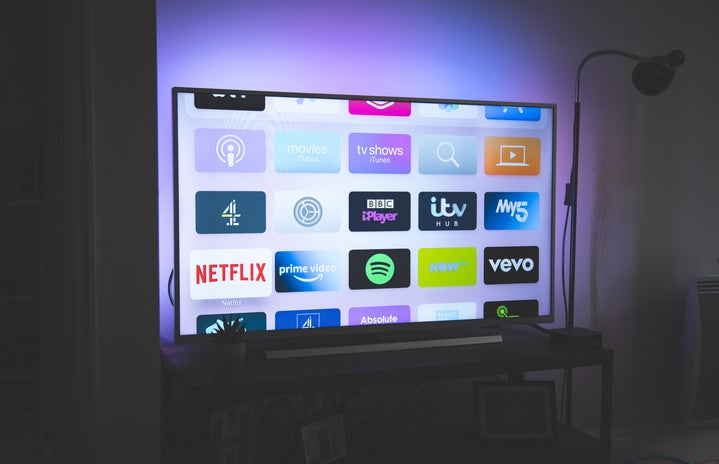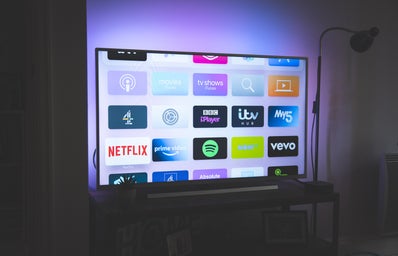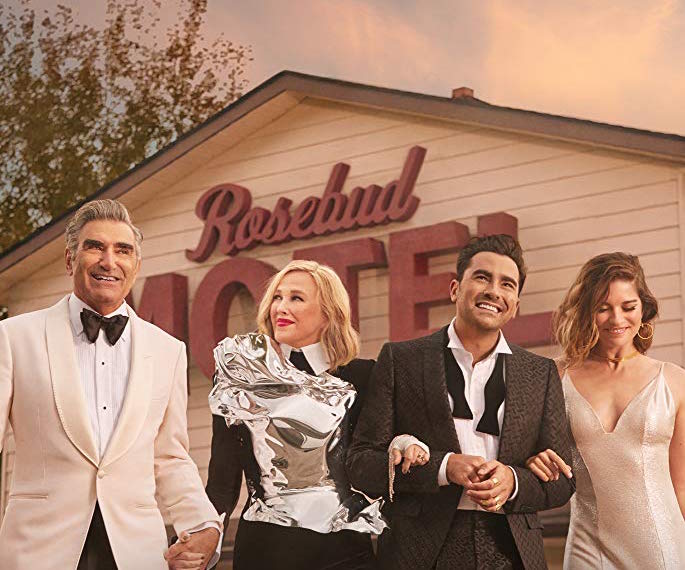Picture this. You’re on the last episode of a riveting season of television. Your favorite protagonist is facing off in an epic final battle against the fiercest villain of the show so far. Just before the satisfying ending, the screen fades to black. You rush to Twitter to see when the next season will come out and you can find closure. Only to discover, there will be no second season. The show was canceled two years ago, against the will of the creatives who spent years working on it. And for you, there will be no conclusion to the story you spent a week obsessing over. So, who can you blame?
There are many supplementary reasons why a good show might have gotten canceled, but they generally boil down to what everything boils down to: money. Producing a quality season of television is incredibly expensive. Unsurprisingly, that makes it difficult to get new shows off the ground. Before a show gets picked up by a network, it first must be greenlit based on the pilot, aka the first, episode. There exists a massive graveyard of unwanted pilots that were never picked up, many of them with promising concepts and talent behind them.
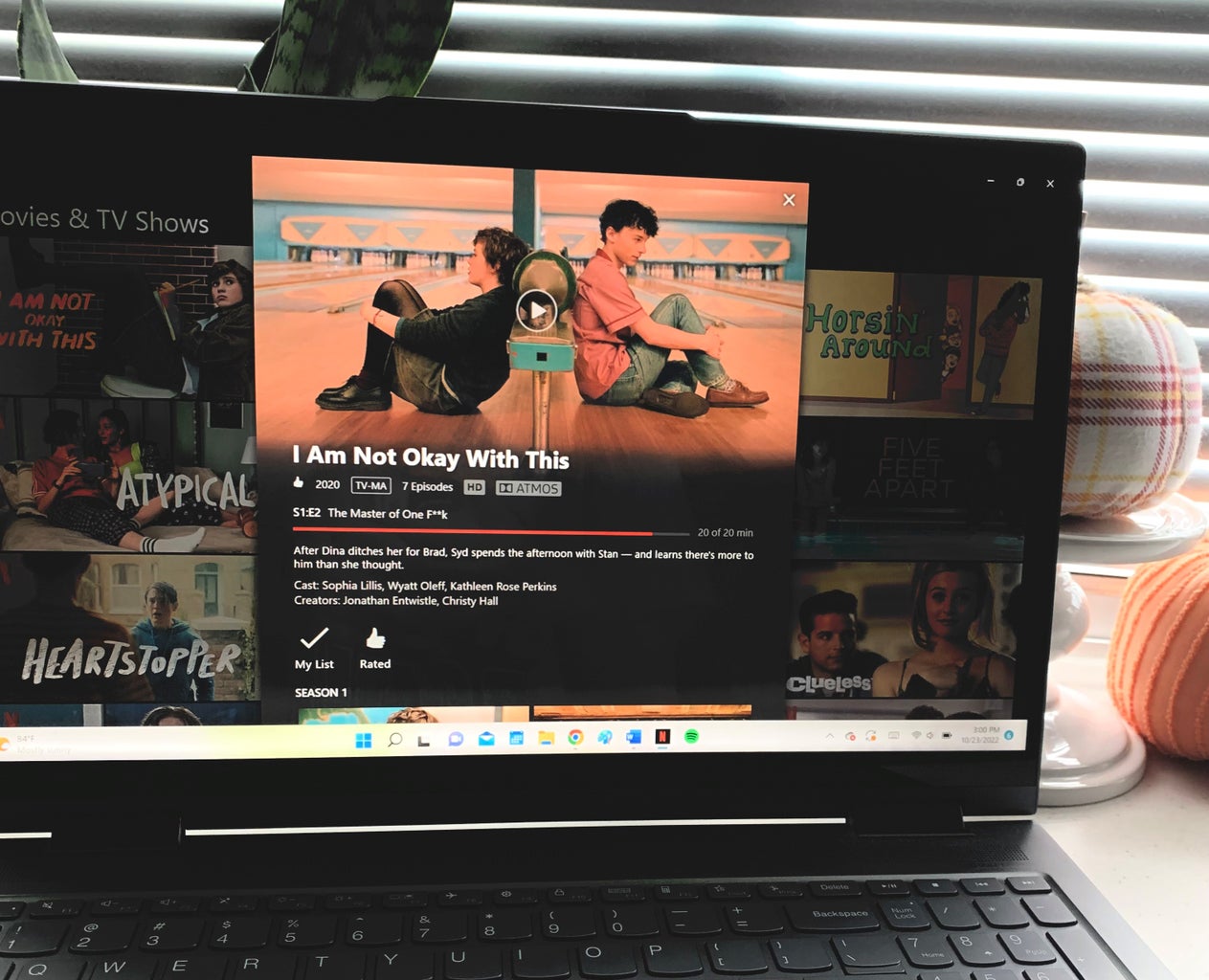
Like any company, television networks have to consider financial risk and hedge their bets when selecting shows they want to produce. Reboots and sequels that feature a familiar face or iconic franchise are a safe bet to ensure a decent viewership. Networks tend to prefer these over unknown projects as those present more of a risk without a guaranteed audience to tune in on premiere night. It doesn’t matter how interesting the storyline is or the quality of writing when a fresh idea is up against a concept with proven success.
However, a show produced on the promise of a quick buck lacks the heart of a passion project. Without that enthusiasm and personal investment, the quality of a reboot or sequel can greatly suffer. Low-quality shows garner low ratings, and shows with low ratings get cut. Even those loyal to a well-loved franchise will not continue to watch a show that just plain sucks. At some point, it becomes more financially feasible to completely axe a show at the earliest opportunity rather than give it a chance to grow a stable audience.
What does this mean for TelevisIon?
No one ever sets out to make a terrible show. Even storytellers who acknowledge that their story may not be groundbreaking still want to make something that entertains. But with the immense amount of pressure that all that money puts on a person, it’s impossible for priorities not to shift a little. As a producer, a showrunner, or the head of a network, the livelihoods of hundreds of people are dependent on the success of your product.
I believe that this may have been a contributing factor to the popularity of reality television. Reality TV is generally much cheaper to produce and often relies on a ridiculous or attention-grabbing premise to get people watching. There’s also endless potential for new seasons and spin-offs with a fresh round of contestants. A single premise or concept can last for decades, as we’ve seen with popular hits like “Survivor” or “Big Brother.” You (presumably) don’t have to pay for writers with reality TV, and so this makes it a reliable format to consistently make money.
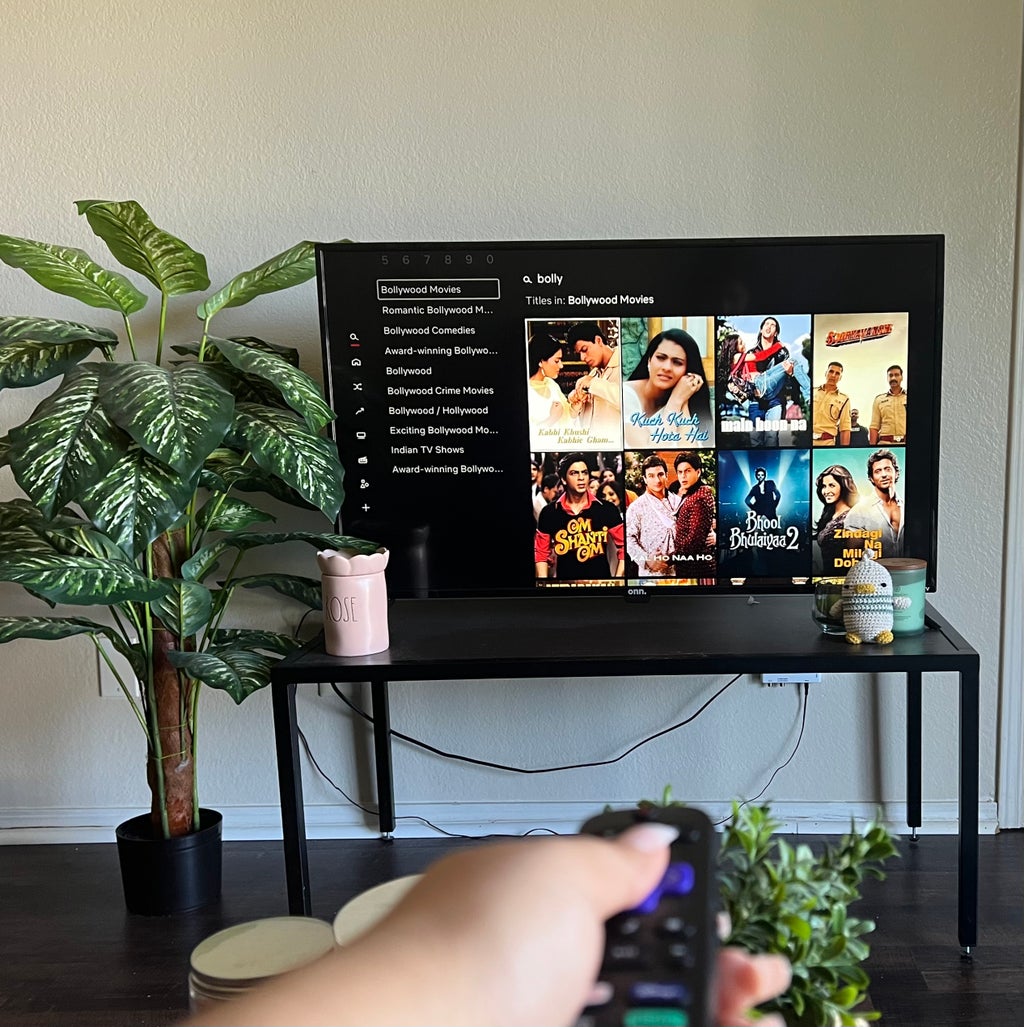
What does this mean for storytelling?
A good story requires a proper ending. The ending is as much a part of it as any other. It’s that very conclusion that separates a story from being a mere collection of actions strung together. If we care about a story’s message, we must give it the space to finish telling it. Because we can only draw meaning from a message once we can see it in its entirety.
Critically acclaimed shows like “Breaking Bad” and “Schitt’s Creek” were not overnight successes. In fact, they took a long time to build an audience. It’s plausible that these shows could have gotten canceled prematurely had they aired today. Let that be a lesson that often, good things take time to be recognized as good. Additionally, success doesn’t have to be defined by viewership numbers or earnings. When a show is of good quality, these things will eventually follow. In those early stages, a little bit of trust goes a long way. My hope for the future is that television executives learn to have faith in the greater vision behind the art.
